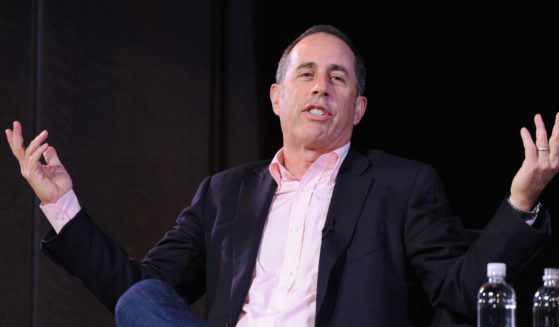New and Used Car Prices Soar Due to Microchip Shortage
A microchip shortage is translating to higher car prices across America.
CBS reported that the average price of a new car has topped $40,000 and that used car prices have risen nearly 30 percent due to the shortage.
If you’re shopping for a car, be prepared for sticker shock. Prices are at record levels. The average cost of a new car has now topped $40,000 and used cars are up nearly 30% in the last year.
The main reason? A shortage of computer chips. pic.twitter.com/QactEJIByR
— CBS This Morning (@CBSThisMorning) July 7, 2021
Lansing, Michigan, resident Heather Lyons knows that firsthand.
In looking to buy a replacement for a totaled car, she said she will end up paying more to get less, according to WILX-TV.
“It really is bad. My car payment last time for a decent vehicle was something I could afford and this time it’s going to be a worse vehicle for more than I was paying before,” Lyons said.
She said she is paying $4,000 more than she did for a similar car a year ago.
Dealers admit prices are high.
“I’ve never seen prices this competitive and high in the 21 years we’ve been in business,” said John Badawi, president of Motorcars Group of Lansing.
According to Wired, the problem started when car sales fell off a cliff during the coronavirus pandemic and lockdowns all but shuttered auto showrooms.
The sudden drop in sales impacted the semiconductor industry because modern vehicles are packed with computer chips that control multiple vehicle functions. Carmakers cut back their orders for the kinds of chips they need.
As a result, companies that make the chips reduced output. Now, as the market for cars has revived and carmakers want more chips, they are not to be had right away.
In some cases, chip makers moved on to other products and carmakers must wait in line. Regardless of the reason, the chip shortage is not expected to be eased for months.
That means cars are not rolling out of factories, which in turn means car lots are a lot emptier than usual at a time of high demand.
“If you’re trying to sell 30,000-plus cars a month and you only have 32,000 on the ground, obviously that supply is tight,” Scott Keogh, CEO of Volkswagen Group of America, said recently, according to Bloomberg.
A tight supply means fewer deals because dealers have less incentive to cut prices and move inventory.
“We’re probably going to hit our lowest peak in terms of inventory levels in July and August,” said Randy Parker, senior vice president of Hyundai’s American sales.
“We should start to see things come back starting in September through the end of Q4. But it’s not going to be back to a normal level of what we’re used to.”
Truth and Accuracy
We are committed to truth and accuracy in all of our journalism. Read our editorial standards.












